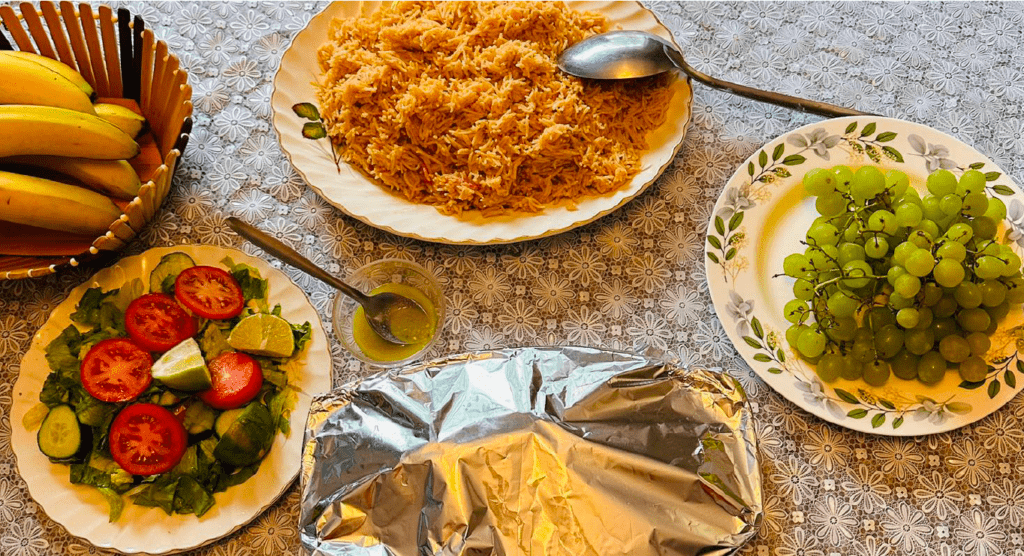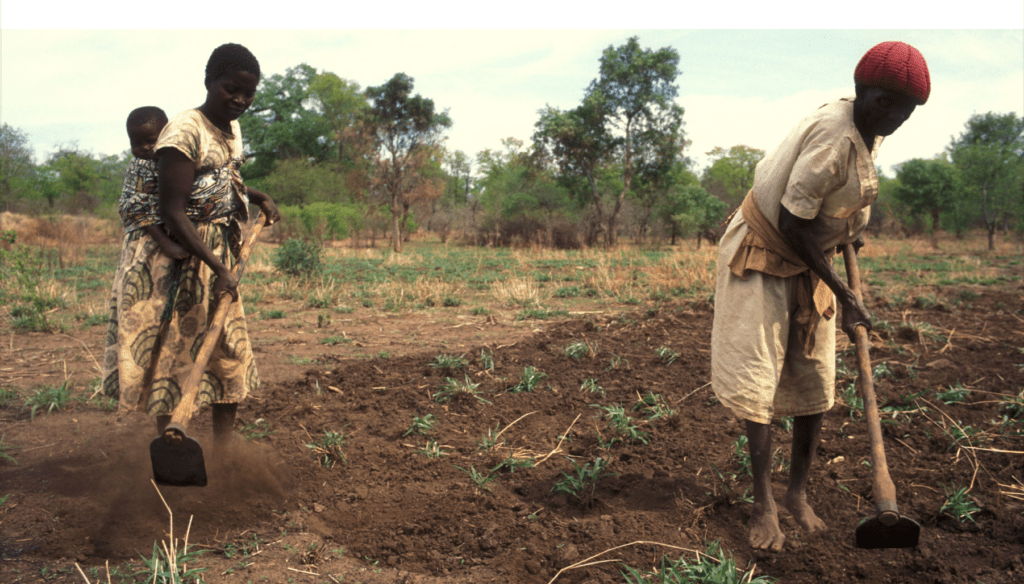NEWS
MiFOOD Hosts Nairobi Conference Presenting Findings from the Women Feeding Cities Project on Gendered Entrepreneurship and the Urban Informal Food Ecosystem
The MiFOOD Network, in partnership with the University of Nairobi (UON), convened leading scholars, policymakers, and practitioners in Nairobi for a two-day conference titled “Gendered ...
WFC Policy Engagement Workshop on Shock-Responsive Food Systems Held in Jamaica
The Women Feeding Cities (WFC) project team in Jamaica convened the second Policy Engagement Workshop (PEW) in Montego Bay, Jamaica, on 27 January 2026, bringing ...
PhD research by Zack Ahmed strengthens MiFOOD insights into migration, informality, and food security in Africa
MiFOOD celebrates the successful defence of a PhD dissertation by Zack Ahmed at the Balsillie School of International Affairs, which strengthens the Network’s research on ...
MiFOOD Hosts Nairobi Conference Presenting Findings from the Women Feeding Cities Project on Gendered Entrepreneurship and the Urban Informal Food Ecosystem
The MiFOOD Network, in partnership with the University of Nairobi (UON), convened leading scholars, policymakers, and practitioners in Nairobi for a two-day conference titled “Gendered ...
WFC Policy Engagement Workshop on Shock-Responsive Food Systems Held in Jamaica
The Women Feeding Cities (WFC) project team in Jamaica convened the second Policy Engagement Workshop (PEW) in Montego Bay, Jamaica, on 27 January 2026, bringing ...



